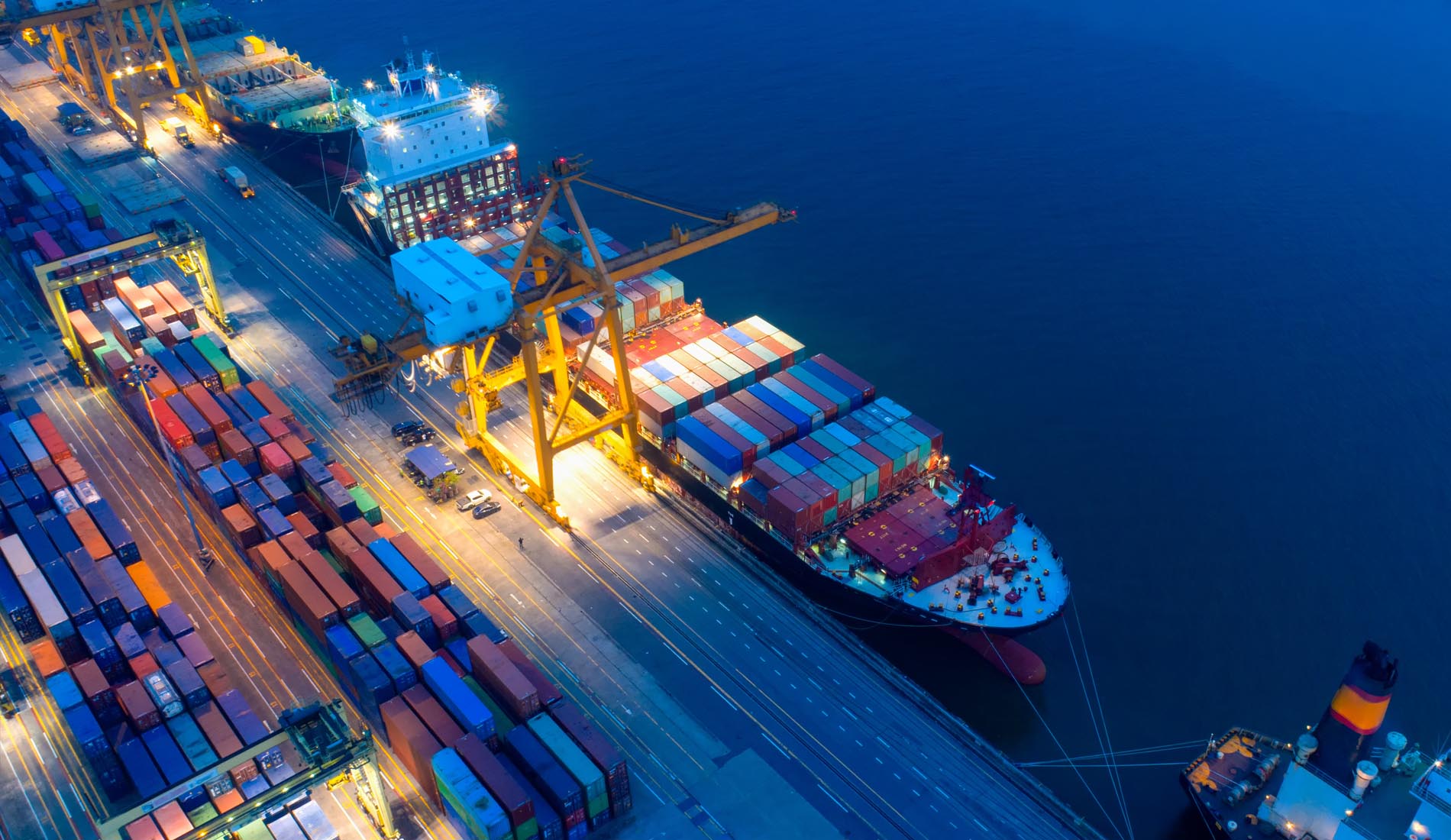Hamburg, 1 September (Argus) — In week 35, many companies have returned to the quota market after weeks of inactivity. As a result, prices for GHG certificates continue to rise. In particular, the “Other” certificates are reaching new record highs – both for the compliance year 2025 and for 2026.
GHG certificates in the “Other” category for the 2025 compliance year reached their highest level since October 2023, with a weekly average of €/t CO2e. This makes them more expensive than in June, when the market was highly unsettled by the publication of the preliminary draft law for the implementation of RED III into German law. This draft proposes, among other things, that obligated companies from maritime and aviation sectors will have to meet the greenhouse gas reduction quota in the future. Furthermore, the double counting of advanced biofuels is to be abolished. Accordingly, the double-countable advanced certificates also continued to gain and rose to up to €/t CO2e, which is the highest quotation for this category since October 2023.
For the 2026 compliance year, “Other” certificates climbed by over €10/t CO2e within a week to €/t CO2e – a record value since April 2023. The single-countable advanced certificates also became significantly more expensive, averaging €/t CO2e in week 35, which is the highest weekly value for this certificate category to date.
A key driver of the price development remains the high HVO prices in ARA due to international demand. Although these fell slightly in week 35, they continue to exert sustained pressure on the German quota market because GHG certificates are generated by placing HVO on the market.
The end of the summer holidays, which have already ended in many places or are shortly concluding, also plays a central role. Obligated companies now have better staffing levels again and can focus more on quota compliance. Although there were few deals concluded throughout the week, it was clearly noticeable that companies were actively trying to gauge market prices. This increased interest provides additional support for prices.
Furthermore, the legislative proposals for the bio-sector published in recent months are now having a noticeable impact on the quota market. Some market participants report that the concern about the removal of the trust protection is particularly noticeable. This protection has so far shielded buyers of unlawful certificates from disqualification. Companies are therefore increasingly buying additional certificates before this protection potentially falls away. The corresponding draft law does not provide for retroactive disqualification. At the same time, the willingness to accept higher prices for legally secure certificates is increasing.
The preliminary draft for the implementation of RED III could also drive prices further in the long term. Companies have now had sufficient time to engage with the potential impacts and adjust their market strategy accordingly. With the end of the parliamentary summer recess on 8 September, many market participants expect the first proposals for adjustments to the draft to be submitted – which should bring additional dynamism to the market.
The rise in GHG certificates also increases the costs incurred by diesel fuel suppliers to meet their GHG quota. They currently have to buy certificates or biofuels worth around €8/100l to meet their legal obligation to save 10.6% of greenhouse gas emissions according to the GHG quota. These are the highest compliance costs since spring 2023. The high GHG compliance costs also have a price-increasing effect on B7 diesel and gasoline (E5 and E10).
By Svea Winter





